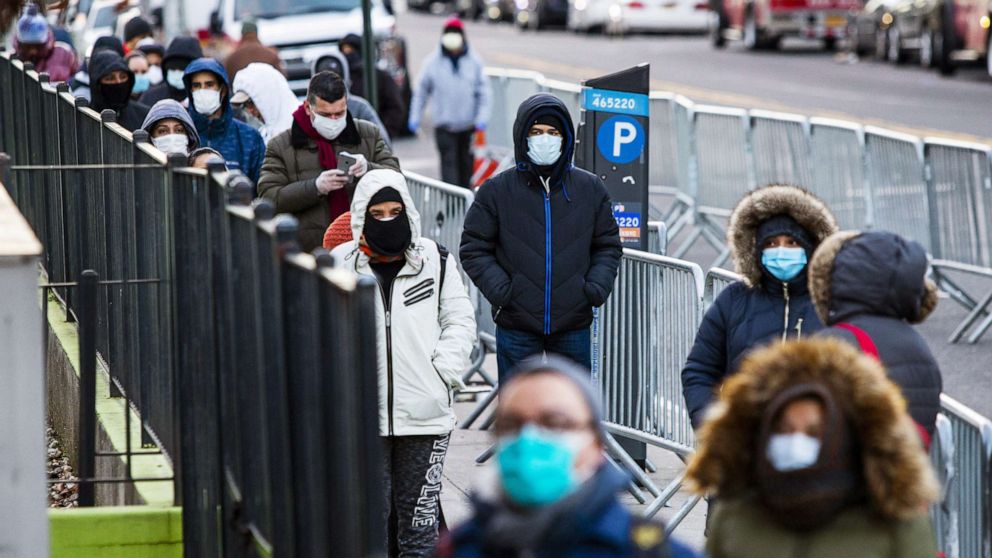A fourth Covid-19 vaccine candidate has gone into the final stage of clinical trials in the U.S., with Johnson & Johnson announcing the start of its Phase 3 trial Wednesday.
The drugmaker follows Pfizer and Moderna, whose Phase 3 trials began in late July. AstraZeneca also started its Phase 3 vaccine trial this month, but it remains on pause in the U.S. after a participant in the U.K. was reported to have developed a spinal cord injury.
The Johnson & Johnson trial is not expected to yield preliminary results for at least two months.
President Donald Trump has repeatedly pressed for faster work on vaccine research — even suggesting that there could be some kind of approval before the Nov. 3 election. That timeline would be impossible, at least for Johnson & Johnson, whose interim results are not expected until late November at the earliest.
Johnson & Johnson’s vaccine candidate, which is being developed in partnership with Janssen Pharmaceuticals, differs in several ways from the others that have reached the final stage of trials.
Unlike Pfizer’s and Moderna’s vaccines — which require two doses about a month apart — the Johnson & Johnson vaccine can be administered fully in one dose, avoiding the complicated coordination to require that people return in time for the second dose.
In addition, the Johnson & Johnson vaccine requires basic refrigeration for storage. Pfizer’s vaccine must be stored at minus 94 degrees Fahrenheit. (For comparison, that’s colder than the South Pole’s average winter temperature: minus 76 degrees.)



